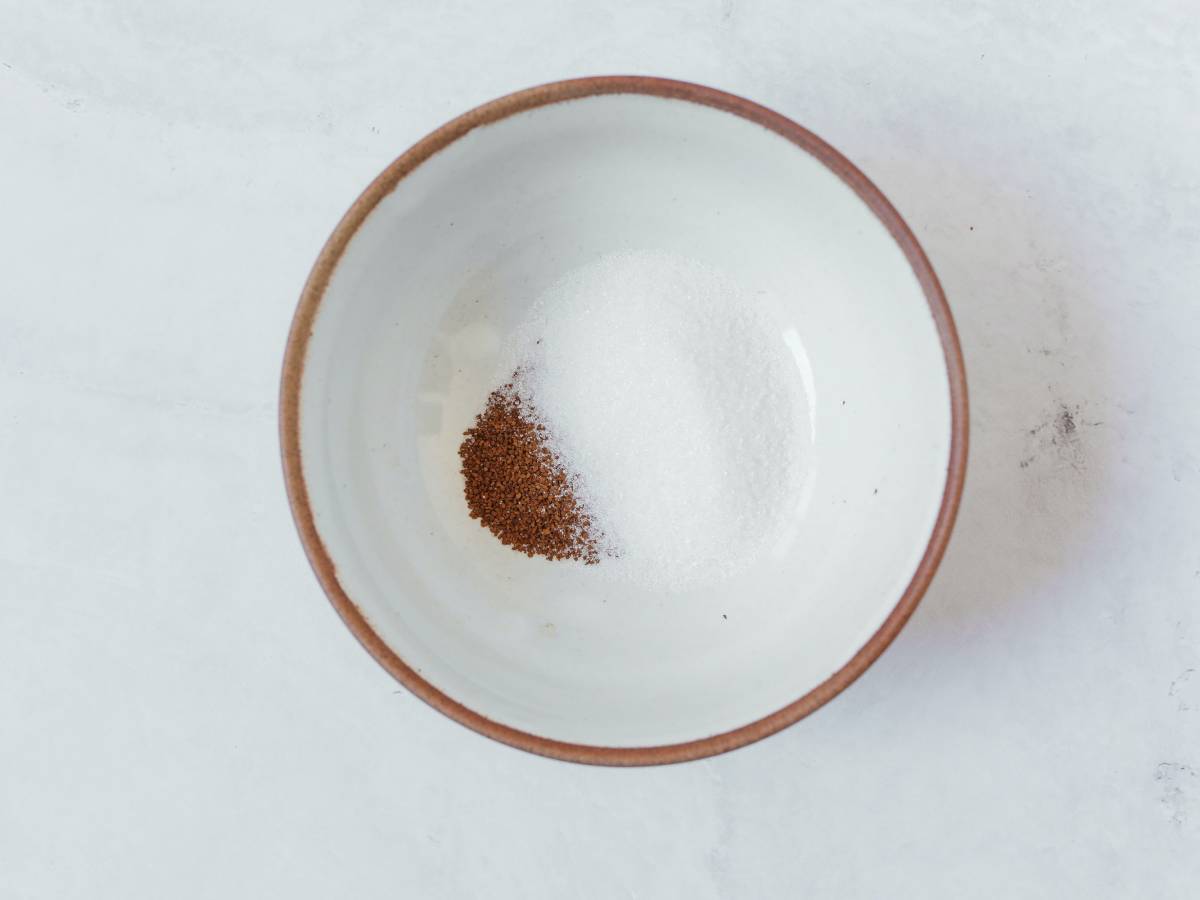Speak about sugars and associating them with benefits for our health really seemed an oxymoron.
Of course, we have long known the characteristics of the D-Mannosio, for example, a simple sugar of vegetable origin (extracted from corn) and bearberry, indicated to promote the functionality of the urinary tract and the drainage of body fluids. But it seemed like the classic exception.
Few readers may know that since 2006 the European Commission has approved as a sweetener throughout Europe, and therefore also in Italy, the use of an atypical sugar, called Erythritol. Will it be the real turning point? We will see.
The encouraging studies, starting from that of 1998, seem to confirm that Erythritol could really represent an excellent alternative to traditional synthetic or semi-synthetic sweeteners. But there is no shortage of perplexities.
What is it and where is it located?
For readers with an obsession with chemistry (the others fly over without regret) let’s say right away that it is a polyol with 4 carbon atoms present in nature also in fruit. It can be extracted, with industrial processes, from vegetable sugars subjected to intensive bacterial fermentation processes in specific bioreactors.
Compared to normal sugars, here are the main differences:
- glycemic index equal to zero. This characteristic allows to avoid the normal “glycemic peaks” linked to the consumption of sugars and makes Erythritol ideal in diabetic patients and those suffering from metabolic syndrome. However, according to some nutritionists, the sweet taste could fool the body and cause it to stop producing insulin. It could thus happen that, by reintroducing the real sugars, one encounters insulin resistance. Before overdoing the new sweetener, it is good to be cautious and wait for new confirmations
- reduced energy intake (about 0.2 K.cal per gram of product) which allows to reduce the caloric content associated with the consumption of sugar or products sweetened with sucrose, making it adequate during low-calorie and hypoglucidic dietary protocols
- a sweetening power estimated between 60 and 80% of the common sucrose.
Without the bitter aftertaste typical of common synthetic and semi-synthetic sweeteners, it can also be usefully used in the preparation of desserts or dishes.
We do not neglect to underline the reduced cariogenic activity of erythrol, such as to preserve the oral cavity from the normal bacterial colonization caused by sugars in general.
The advantages over synthetic sweeteners
Erythritol exhibits metabolic characteristics of its own kind which allow it to be easily absorbed by the intestinal mucosa and subsequently eliminated via the kidneys.
This property prevents its accumulation inside the intestinal lumen and the consequent recall of water. So goodbye to the risk of cramping abdominal pain and annoying diarrhea after taking. But there is more.
Recent experimental studies have even observed an antioxidant role of this sugar because it is able to protect the intestinal mucosa from the oxidizing action of reactive oxygen species, responsible for the oxidative deterioration of cellular structures and the loss of barrier function. Of course, in recent years, antioxidant properties are not denied (almost) to any emerging supplement but if future science were to confirm these first researches, really interesting scenarios would open up in the nutritional field.
